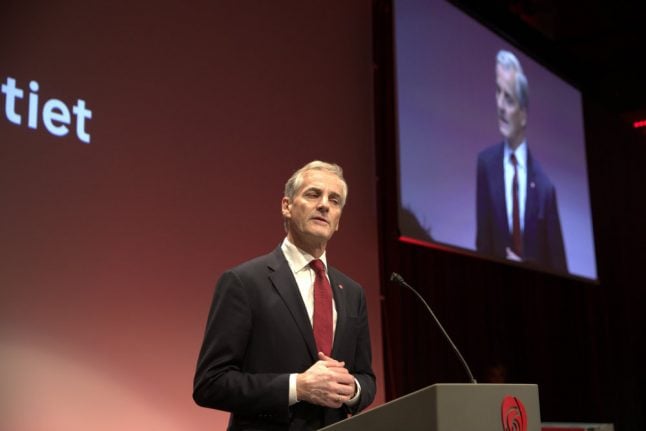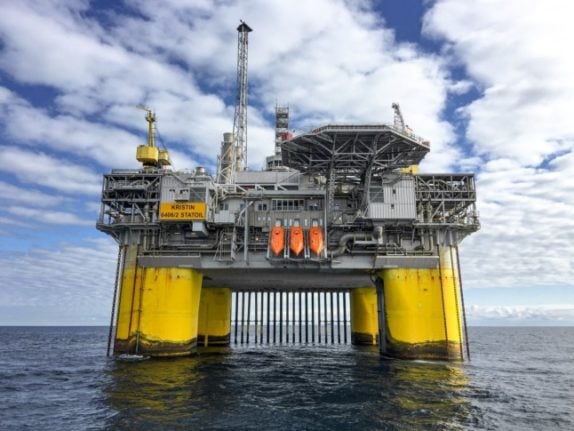The sovereign wealth fund is responsible for managing the country's vast oil revenues.
“It may be that, according to current practice, the oil fund would not invest in a company that produces shale gas or is in oil sands, even though this is fully legal in the country in which this occurs,” he said to Aftenposten.
READ ALSO: Norway sovereign fund scales back plans to reduce oil investments
“We expect the (oil) fund to prioritize that the companies it invests in respect human rights, do not cause serious environmental damage or unacceptable greenhouse gas emissions. That is a political signal of what we want to do with the fund,” he also said.
Climate risk is something that must be given greater emphasis in the future in assessing the fund's investments, Støre argued.
Equinor, Norway’s largest oil company which is 67 percent state-owned, is not bound by the same ethics standards when exploring for oil abroad as those applied in investment of the country’s sovereign fund.
That could constitute an ethical mismatch which should be addressed, Støre said in the interview with Aftenposten.
The Labour leader responded in the interview to a question on whether his recent calls for stricter ethics rules for use of the fund were paradoxical, given Equinor can potentially earn Norway money through oil exploration in sensitive natural areas.
“I do not exclude that it must also be discussed, without going into the examples you mention,” he told the newspaper.
Støre also responded to the suggestion that, given that Equinor can be perceived as a Norwegian interest in a similar way to the sovereign fund, different ethics arguably apply depending on whether the country is investing or earning money.
“Yes, but there are many paradoxes in the world. During my time as foreign minister, I was confronted with the fact that Norway, which is concerned with climate, is an oil and gas nation,” he said.
“I replied that this is the whole paradox of the world that we want our emissions down and renewable sources to save the climate, but that we will still be dependent on oil and gas for many years,” he continued.
The Labour leader and former minister also said he felt people see the clear difference between listed company Equinor and the state oil sovereign wealth fund.



 Please whitelist us to continue reading.
Please whitelist us to continue reading.